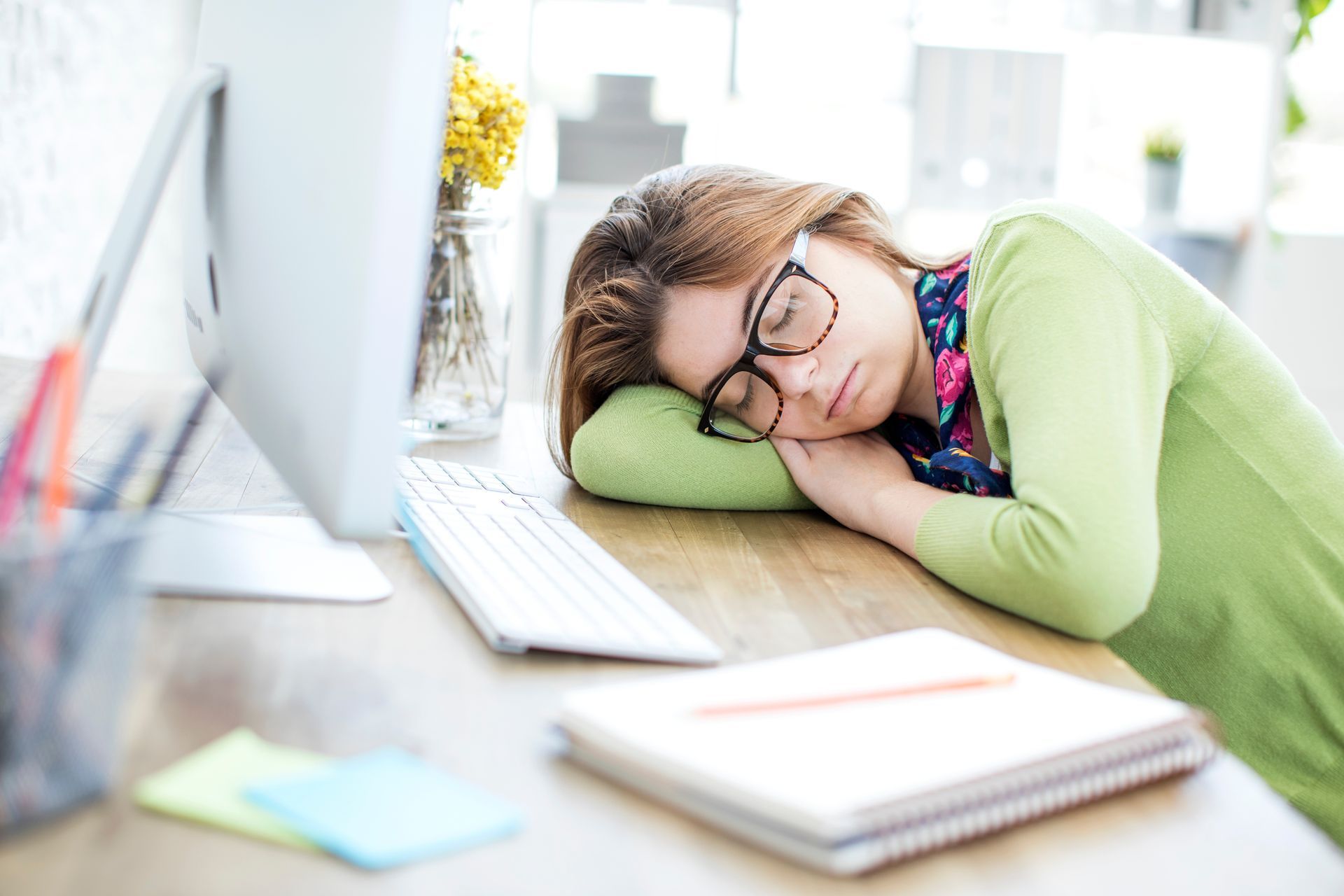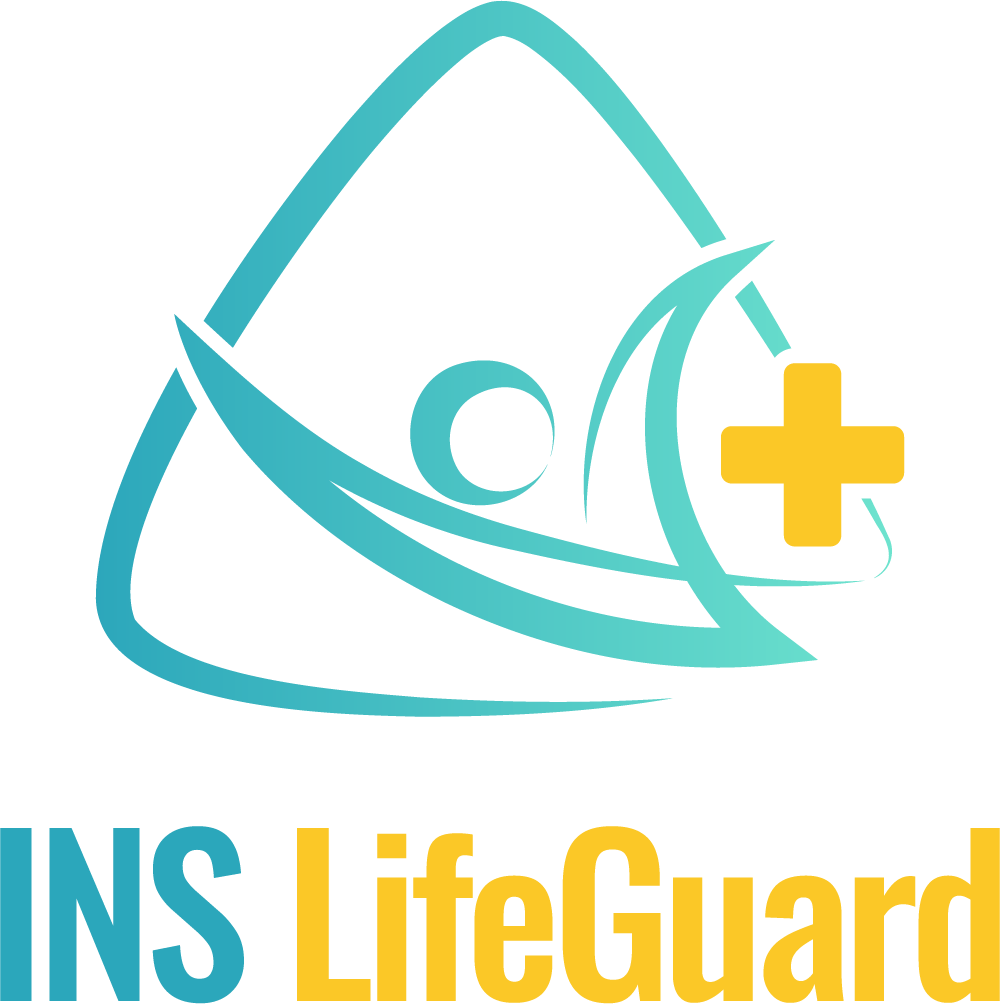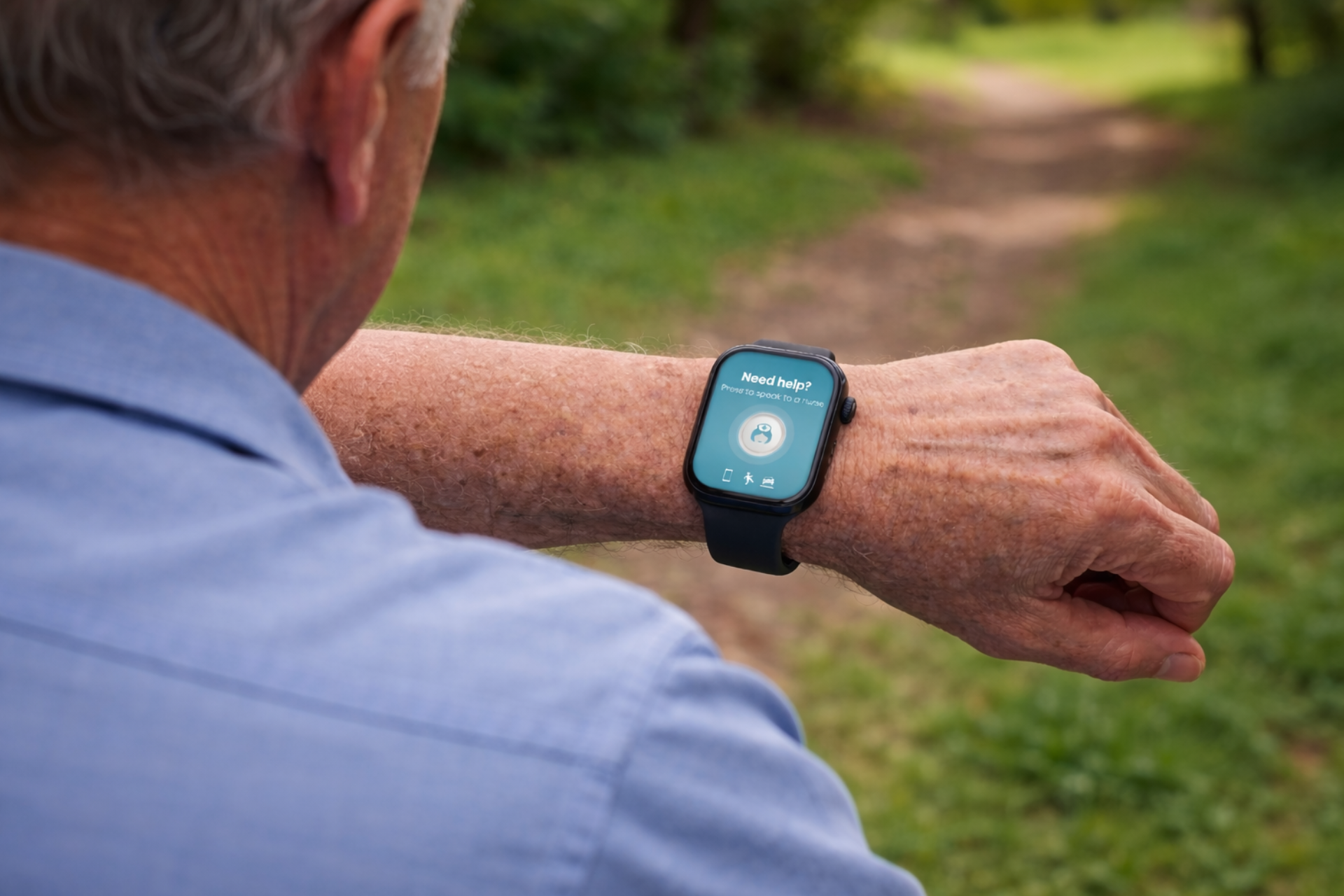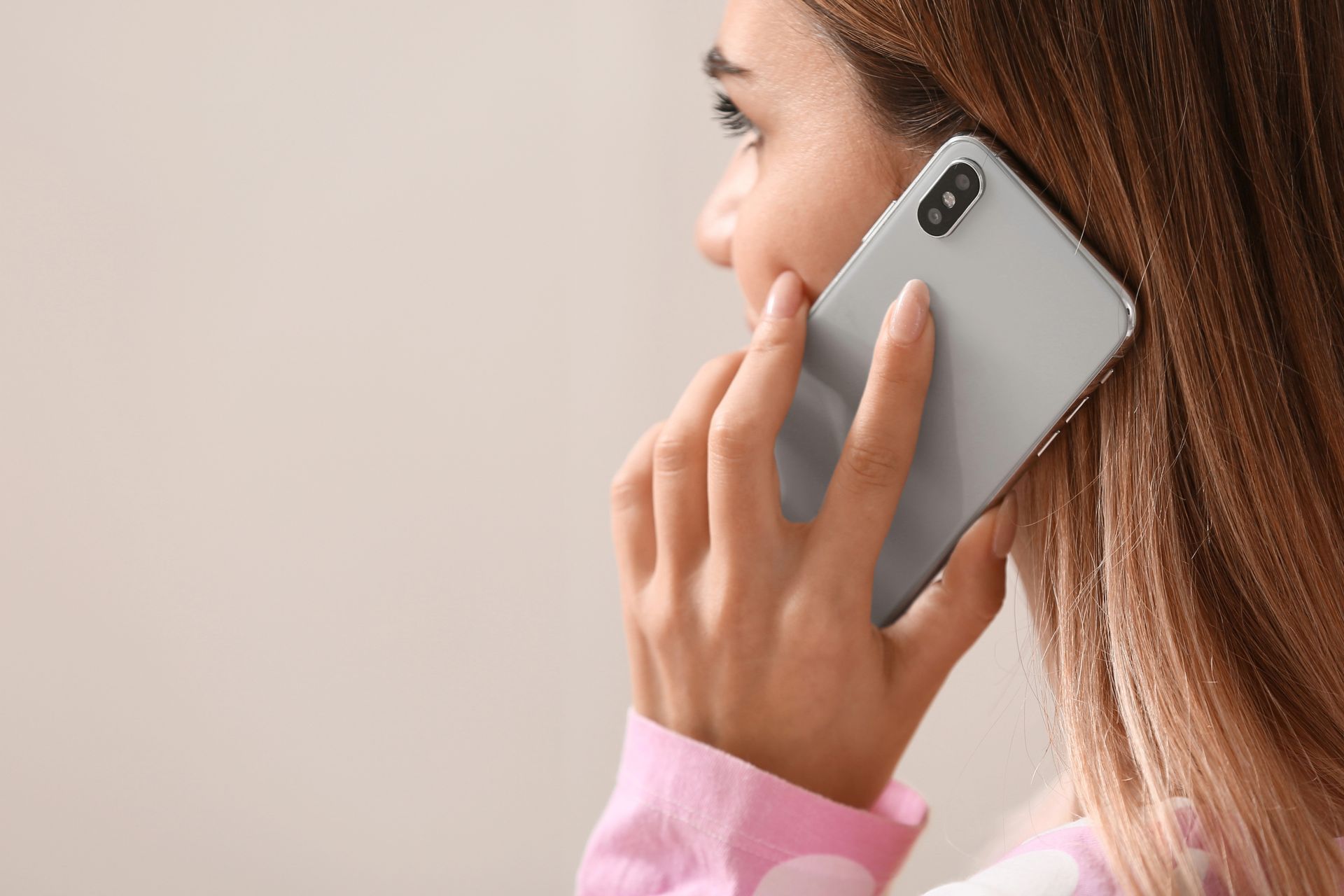Have a Question?
Is Falling Asleep After Eating A Sign of Diabetes?

Are you a diabetic who is prone to fatigue-related episodes? At INS LifeGuard, we offer TeleHealth services and products to help you manage your condition. With our professional telehealth monitoring, you can have your blood pressure and blood sugar measurements automatically sent to a registered INS LifeGuard nurse at our 24/7 emergency response centre. If the readings are of concern, our nurse will take action and check in on your wellbeing. And in the event of a diabetic emergency, we have personal alarms that allow you to call for help with a press of a button.
Why do I fall asleep immediately after I eat?
Falling asleep immediately after eating is known as postprandial somnolence, or also commonly known as food coma. Under this state, a person experiences chronic fatigue after consuming a large meal, causing the person to fall asleep immediately after eating.
Postprandial somnolence is commonly triggered when the body reacts to food intake that raises insulin production and lowers blood glucose levels. However, aside from this, studies show that there are also other factors that could affect your energy levels after a meal which include blood glucose levels, fluctuations in certain cellular proteins, hormonal imbalances, brain chemicals, inflammation, and the body's internal clock.
Significantly, whether or not a person feels sleepy after eating can also depend on the meal's size and composition. Larger meals may have a greater chance of resulting in fatigue, and certain foods and nutrients may also have an effect.
Type of Food
According to research, meals that are filled with calories, fat, or carbohydrates can make you feel sleepier than other foods. While other studies show that a person may feel fatigued after eating because an amino acid called tryptophan, helps the body release more serotonin, which is responsible for regulating mood and sleep cycles.
Amount of Food
People who eat bigger meals may also feel the effects of an afternoon slump more than those who consume smaller meals at noon. This is due to the possibility that a decline in energy may occur from an increase in blood sugar levels.
However, fatigue after meals may also be caused by the following factors:
- Lack of quality sleep at night which causes fatigue during the day
- Consuming alcohol with meals during the day
Why do diabetics get sleepy after eating?
Diabetics have higher blood glucose levels than most people. Significantly, diabetes has an impact on how the body manages and utilises blood sugar.
Hyperglycemia
Many diabetics find that eating too much carbohydrates and sugars leave them feeling tired due to high blood glucose. Although there is a lot of sugar in your blood, your insulin may not be working properly to transport it to your cells. Thus, the body and cells tend to experience diabetes related fatigue when sugar, their primary source of energy, is not being delivered to them.
Hypoglycemia
On the other hand, diabetes fatigue syndrome may also occur due to hypoglycemia, or low blood sugar. Hypoglycemia occurs when one consumes too much insulin, or if you consumed fast digesting carbohydrates that caused your blood glucose levels to spike and then drop within one to two hours. If you have low blood sugar levels, you can often feel tired, hungry, lightheaded, and have difficulty concentrating.
What does diabetes fatigue feel like?
Most people with diabetes reportedly had symptoms of regularly feeling tired and sleepy. Aside from the fact that these may be brought on by stress, heavy workload, or a lack of a good night's sleep, these symptoms might also be caused by having too high or too low blood sugar levels.
Is sleepiness a sign of high blood sugar?
One of the most common symptoms of high blood sugar levels is fatigue. Often, it is experienced by people with diabetes, which is referred to as diabetes fatigue. Despite getting enough sleep, eating healthy, or exercising frequently, many persons with this condition feel tired all the time. However, it should be noted that feeling sleepy doesn't only occur to people with diabetes but it can also happen when people with normal blood levels experience a sudden spike in their blood sugar.
Is it normal for diabetics to sleep a lot?
People with diabetes tend to sleep a lot due to unstable blood glucose levels and diabetes related complications. In fact, one out of two people with Type 2 diabetes, experience sleep problems during the night such as insomnia which can cause fatigue the following day.
How do you get rid of diabetic fatigue?
The best results come from treating diabetes and fatigue as a single, integrated illness. By changing your lifestyle, choosing the right medication, and getting the support you need, you can effectively manage diabetes symptoms and get rid of your diabetic fatigue.
Lifestyle Changes
Improving your lifestyle greatly contributes not only to your diabetes condition but also to your overall health. Healthy lifestyle habits include regular exercise, nutrition, and weight management. All these can help boost energy levels while also controlling your blood sugar.
Diabetes Medications
When cells do not receive enough glucose, fatigue and weakness may occur. Thus, diabetes drugs, such as insulin or metformin, facilitate the movement of sugar into the cells and prevent them from rising to dangerous blood sugar levels.
Mental Health
Long-term psychological changes in people with diabetes can make them prone to depression. Hence, if you are undergoing treatments or if you are taking antidepressants, you may then suffer from insomnia and get fatigued the next day. With this, you might need to discuss changing your prescription with your doctor to see if it improves your sleep.
What are the warning signs of prediabetes?
When you have developing diabetes, your blood sugar levels are higher than normal. However, diabetes symptoms may not be evident at this phase. Hence, common symptoms from prediabetes to Type 2 diabetes may include:
- increased thirst
- frequent urination
- increased appetite
- headache
- feel tired or fatigued
- distorted vision
- develop sores and blisters
- diabetes related complications and infections
- mouth becomes dry
- weight loss
- tingling and numbness in hands and feet
- have high blood pressure
Diabetic individuals experience a rise in their blood sugar levels after every meal, particularly when consuming sugary foods, which is why these symptoms may be more evident to them.
Takeaway
Diabetes is a chronic health condition that occurs when the body cannot effectively utilise the insulin it produces. When not managed properly, it can cause serious complications and even death. But with proper diet, regular exercise, and appropriate medical care, you can manage your condition and minimise other possible health risks.
At INS LifeGuard, we offer convenient and less expensive options to monitor and manage your diabetes. Our TeleHealth services and products provide easier disease management and remote monitoring in the comfort of your own home. You have the option to record your vital signs and share them with your family or a caregiver for free monitoring, or send them to a registered nurse at INS LifeGuard for professional monitoring. If the readings are of concern, our nurse will take action and send emergency assistance if necessary.
In the event of a diabetic emergency, we also have personal alarm systems that give you the ability to access help with a press of a button. In case of a fall, we have fall detection solutions that automatically trigger an alarm to our 24/7 response centre when a fall has been detected.
If you are experiencing diabetes symptoms such as excessive sleepiness and fatigue, it is highly recommended to consult with your doctor and get tested. For more information regarding the products and services INS LifeGuard offers, you can browse our website or give us a call on
1800 636 040.

About
INS LifeGuard is the only 24/7 nurse on-call personal and medical monitoring in Australia. We provide monitoring technology for both in the home and on the go and can also monitor other provider's equipment. Our services are suitable for anyone wanting support to stay independent such as the elderly, those with medical conditions and disabilities plus enhancing safety and security for lone workers.

















